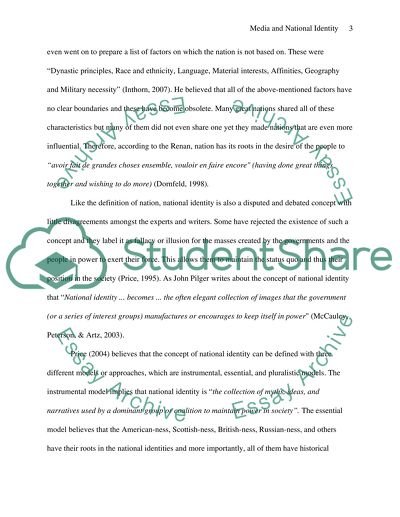Cite this document
(“Media and National Identity. What particular significance do media Assignment”, n.d.)
Retrieved from https://studentshare.org/other/1424940-what-particular-significance-do-media-systems-have
Retrieved from https://studentshare.org/other/1424940-what-particular-significance-do-media-systems-have
(Media and National Identity. What Particular Significance Do Media Assignment)
https://studentshare.org/other/1424940-what-particular-significance-do-media-systems-have.
https://studentshare.org/other/1424940-what-particular-significance-do-media-systems-have.
“Media and National Identity. What Particular Significance Do Media Assignment”, n.d. https://studentshare.org/other/1424940-what-particular-significance-do-media-systems-have.


